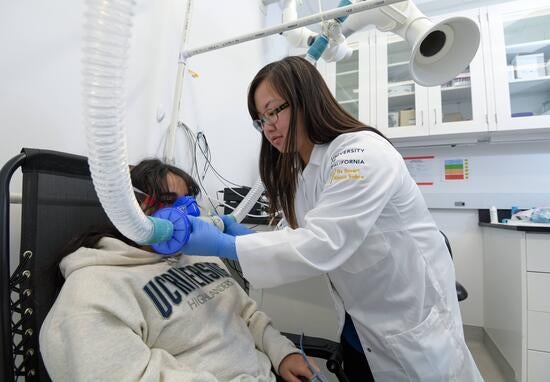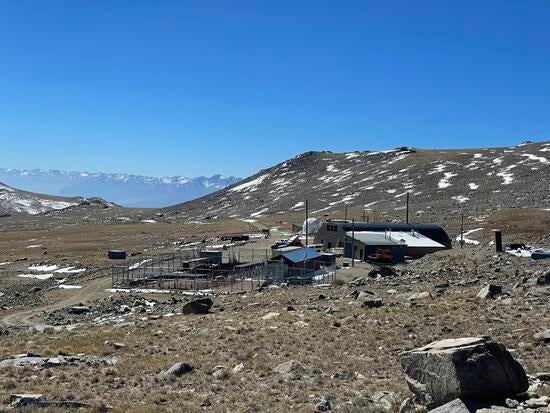Hypoxia Lab

Research
Predicting and monitoring dyspnea using machine learning
Dyspnea is the experience of breathing discomfort (work/effort, tightness, and air hunger/unsatisfied inspiration) experienced by millions of patients with chronic and critical illnesses. In severe form, “air hunger” can lead to immediate intense suffering and psychological trauma. Despite its high prevalence and impact, there are no objective tools available to continuously monitor dyspnea and prompt intervention. As a result, dyspnea remains regularly underdiagnosed and mistreated. Our lab is working to address this problem by producing a novel clinical tool to predict and continuously monitor dyspnea based on noninvasive biomarkers. The long-term goal of this work is to improve patient quality of life by reducing the occurrence of untreated dyspnea.
Impacts of high-altitude exposure on inflammation and immune function
The molecular signaling pathways that regulate inflammation and the response to hypoxia share significant crosstalk and appear to play major roles in high-altitude acclimatization and adaptation. Several studies demonstrate increases in circulating candidate inflammatory markers during acute high-altitude exposure, however significant gaps remain in our understanding of how inflammation and immune function change at high altitude and if these responses contribute to high-altitude pathologies, such as Acute Mountain Sickness. Our lab is investigating how acute and lifelong high-altitude exposure impact systemic inflammation and immune cell function. We also use molecular approaches to investigate how hypoxia influences immune cell function and sensitivity to inflammatory stimuli.
Impacts of high-altitude exposure on epigenetic gene regulation
Epigenetic regulation of gene expression is likely a key mechanism that contributes to the physiological plasticity required for high-altitude acclimatization. Novel genetic variants under evolutionary selection in high-altitude native populations may also modulate epigenetic regulatory mechanisms. We are investigating the impact of high-altitude exposure on global histone modification and DNA methylation patterns, as well as local changes in key hypoxia-inducible factor pathway genes.
Long-term impacts of COVID-19 on pulmonary and immune health in Inland Southern California
Our lab works with a multidisciplinary team of biomedical, social science, public health, and policy experts to investigate acute COVID-19 infections and long COVID in the Hispanic/Latinx community of Riverside County. We are currently examining the long-term impact of COVID-19 on immune function, pulmonary health, and breathing control reflexes.

